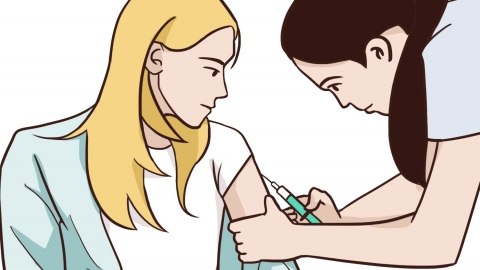Do I need to get a rabies vaccine if I was scratched by a cat and it drew blood?
The professional name for "狂犬疫苗" is generally "rabies vaccine." Under normal circumstances, if it is unknown whether a cat has received a rabies vaccination, or if the wound is deep and extensive, a rabies vaccine should be administered. If it is certain that the cat has already been vaccinated and the wound is superficial, vaccination can be temporarily postponed. If any abnormalities occur, prompt medical attention is recommended. Detailed analysis is as follows:

If bitten and it is unknown whether the cat has been vaccinated—especially in the case of a stray cat—the risk of rabies infection may be relatively high. In such cases, immediate administration of the rabies vaccine is necessary, and simultaneous injection of rabies immunoglobulin may also be required. Stray cats may carry the rabies virus and, due to their wide roaming range, have greater chances of contact with other infected animals. Additionally, if the wound is deep and extensive, prompt rabies vaccination should also be undertaken.
If the cat undergoes regular vaccinations, is in good health, and has had no contact with other infected animals, then the risk of rabies infection from a minor wound caused by such a cat is relatively low. In this case, thorough wound cleaning and disinfection can be performed first, and rabies vaccination may be omitted.
After being bitten, the wound should be treated immediately by rinsing with soap and water for about half an hour, followed by disinfection with iodophor. Furthermore, the rabies vaccine should be given as early as possible; it is recommended to administer it within 24 hours of the injury.




